
I, JOSEPH R. BIDEN JR., President of the United States of America, hereby expand the scope of the national emergency declared in Executive Order 13219 of June 26, 2001 (Blocking Property of Persons Who Threaten International Stabilization Efforts in the Western Balkans), as amended by Executive Order 13304 of May 28, 2003 (Termination of Emergencies With Respect to Yugoslavia and Modification of Executive Order 13219 of June 26, 2001), finding that the situation in the territory of the former Socialist Federal Republic of Yugoslavia and the Republic of Albania (the Western Balkans), over the past two decades, including the undermining of post-war agreements and institutions following the breakup of the former Socialist Federal Republic of Yugoslavia, as well as widespread corruption within various governments and institutions in the Western Balkans, stymies progress toward effective and democratic governance and full integration into transatlantic institutions, and thereby constitutes an unusual and extraordinary threat to the national security and foreign policy of the United States.
Accordingly, I hereby order:
Section 1. (a) All property and interests in property that are in the United States, that hereafter come within the United States, or that are or hereafter come within the possession or control of any United States person of the following persons are blocked and may not be transferred, paid, exported, withdrawn, or otherwise dealt in: any person determined by the Secretary of the Treasury, in consultation with the Secretary of State:
(i) to be responsible for or complicit in, or to have directly or indirectly engaged in, actions or policies that threaten the peace, security, stability, or territorial integrity of any area or state in the Western Balkans;
(ii) to be responsible for or complicit in, or to have directly or indirectly engaged in, actions or policies that undermine democratic processes or institutions in the Western Balkans;
(iii) to be responsible for or complicit in, or to have directly or indirectly engaged in, a violation of, or an act that has obstructed or threatened the implementation of, any regional security, peace, cooperation, or mutual recognition agreement or framework or accountability mechanism related to the Western Balkans, including the Prespa Agreement of 2018; the Ohrid Framework Agreement of 2001; United Nations Security Council Resolution 1244; the Dayton Accords; or the Conclusions of the Peace Implementation Conference Council held in London in December 1995, including the decisions or conclusions of the High Representative, the Peace Implementation Council, or its Steering Board; or the International Criminal Tribunal for the former Yugoslavia, or, with respect to the former Yugoslavia, the International Residual Mechanism for Criminal Tribunals;
(iv) to be responsible for or complicit in, or to have directly or indirectly engaged in, serious human rights abuse in the Western Balkans;
(v) to be responsible for or complicit in, or to have directly or indirectly engaged in, corruption related to the Western Balkans, including corruption by, on behalf of, or otherwise related to a government in the Western Balkans, or a current or former government official at any level of government in the Western Balkans, such as the misappropriation of public assets, expropriation of private assets for personal gain or political purposes, or bribery;
(vi) to have materially assisted, sponsored, or provided financial, material, or technological support for, or goods or services to or in support of, any person whose property and interests in property are blocked pursuant to this order; or
(vii) to be owned or controlled by, or to have acted or purported to act for or on behalf of, directly or indirectly, any person whose property and interests in property are blocked pursuant to this order.
(b) The prohibitions in subsection (a) of this section apply except to the extent provided by statutes, or in regulations, orders, directives, or licenses that may be issued pursuant to this order, and notwithstanding any contract entered into or any license or permit granted before the date of this order.
Sec. 2. The prohibitions in section 1 of this order include:
(a) the making of any contribution or provision of funds, goods, or services by, to, or for the benefit of any person whose property and interests in property are blocked pursuant to this order; and
(b) the receipt of any contribution or provision of funds, goods, or services from any such person.
Sec. 3. I hereby determine that the making of donations of the types of articles specified in section 203(b)(2) of IEEPA (50 U.S.C. 1702(b)(2)) by, to, or for the benefit of any person whose property and interests in property are blocked pursuant to section 1(a) of this order would seriously impair my ability to deal with the national emergency declared in Executive Order 13219, as amended by Executive Order 13304, and as expanded in this order, and I hereby prohibit such donations as provided by section 1 of this order.
Sec. 4. (a) The unrestricted immigrant and nonimmigrant entry into the United States of noncitizens determined to meet one or more of the criteria in section l(a) of this order would be detrimental to the interests of the United States, and the entry of such persons into the United States, as immigrants or nonimmigrants, is hereby suspended, except when the Secretary of State or the Secretary of Homeland Security, as appropriate, determines that the person’s entry would not be contrary to the interests of the United States, including when the Secretary of State or Secretary of Homeland Security, as appropriate, so determines, based on a recommendation of the Attorney General, that the person’s entry would further important United States law enforcement objectives.
(b) The Secretary of State shall implement this order as it applies to visas pursuant to such procedures as the Secretary of State, in consultation with the Secretary of Homeland Security, may establish.
(c) The Secretary of Homeland Security shall implement this order as it applies to the entry of noncitizens pursuant to such procedures as the Secretary of Homeland Security, in consultation with the Secretary of State, may establish.
(d) Such persons shall be treated by this section in the same manner as persons covered by section 1 of Proclamation 8693 of July 24, 2011 (Suspension of Entry of Aliens Subject to United Nations Security Council Travel Bans and International Emergency Economic Powers Act Sanctions).
Sec. 5. (a) Any transaction that evades or avoids, has the purpose of evading or avoiding, causes a violation of, or attempts to violate any of the prohibitions set forth in this order is prohibited.
(b) Any conspiracy formed to violate any of the prohibitions set forth in this order is prohibited.
Sec. 6. For the purposes of this order:
(a) the term “entity” means a partnership, association, trust, joint venture, corporation, group, subgroup, or other organization;
(b) the term “noncitizen” means any person who is not a citizen or noncitizen national of the United States;
(c) the term “person” means an individual or entity; and
(d) the term “United States person” means any United States citizen, lawful permanent resident, entity organized under the laws of the United States or any jurisdiction within the United States (including foreign branches), or any person in the United States.
Sec. 7. For those persons whose property and interests in property are blocked pursuant to this order who might have a constitutional presence in the United States, I find that because of the ability to transfer funds or other assets instantaneously, prior notice to such persons of measures to be taken pursuant to this order would render those measures ineffectual. I therefore determine that for these measures to be effective in addressing the national emergency declared in Executive Order 13219, as amended by Executive Order 13304, and as expanded by this order, there need be no prior notice of a listing or determination made pursuant to this order.
Sec. 8. The Secretary of the Treasury, in consultation with the Secretary of State, is hereby authorized to take such actions, including the promulgation of rules and regulations, and to employ all powers granted to the President by IEEPA as may be necessary to carry out the purposes of this order. The Secretary of the Treasury may, consistent with applicable law, redelegate any of these functions within the Department of the Treasury. All executive departments and agencies of the United States shall take all appropriate measures within their authority to implement this order.
Sec. 9. Nothing in this order shall prohibit transactions for the conduct of the official business of the Federal Government by employees, grantees, or contractors thereof.
Sec. 10. (a) Nothing in this order shall be construed to impair or otherwise affect:
(i) the authority granted by law to an executive department or agency, or the head thereof; or
(ii) the functions of the Director of the Office of Management and Budget relating to budgetary, administrative, or legislative proposals.
(b) This order shall be implemented consistent with applicable law and subject to the availability of appropriations.
(c) This order is not intended to, and does not, create any right or benefit, substantive or procedural, enforceable at law or in equity by any party against the United States, its departments, agencies, or entities, its officers, employees, or agents, or any other person.
JOSEPH R. BIDEN JR.
THE WHITE HOUSE,
June 8, 2021.
Source: The White House

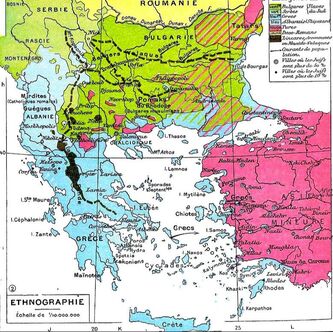

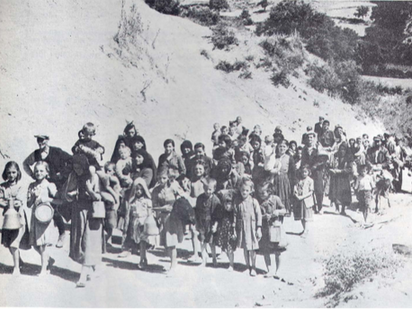
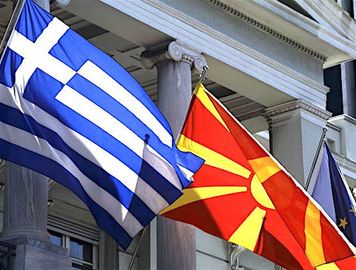
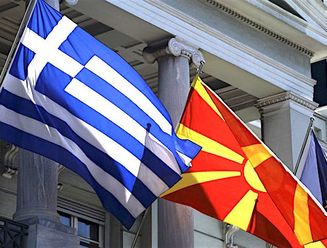

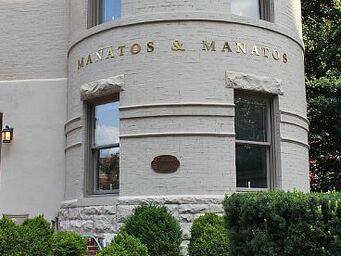

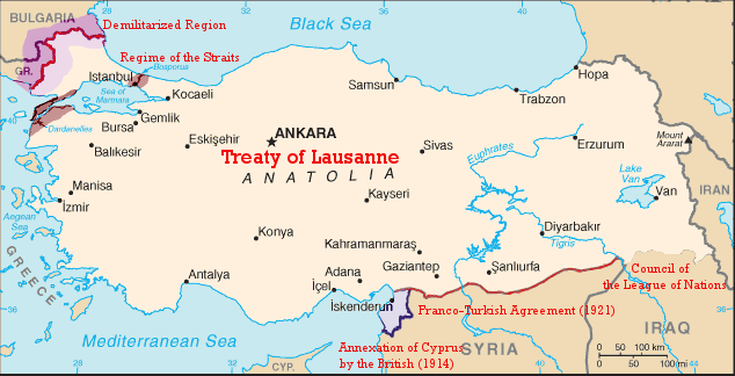
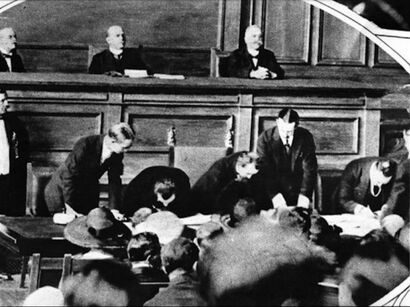


 RSS Feed
RSS Feed